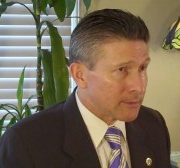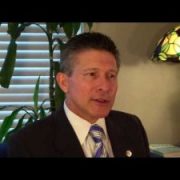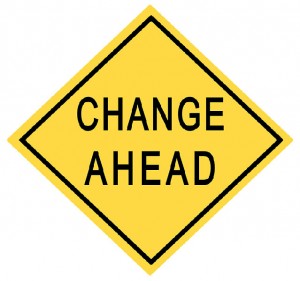The Right Question Is Better Than the Answer
“Judge a man by his questions, rather than his answers.”
~Voltaire
Sometimes the right question is more important than the answer.
When we ask a question, especially to ourselves, we expect an answer. We all want answers. But sometimes, asking the right question is more important than getting an answer.
Questions often contain beliefs. So when we ask a question that has a belief hidden in it, we will get an answer that is confined by that belief. So you want to ask the right question to get an answer filled with possibility.
For example, say you make a mistake, then ask the question “What’s wrong with me?” The question contains the belief that there is something wrong with you. You might not think there is, but ask that question enough times and your subconscious mind starts accepting that belief. Here are answers you are likely to get:
- Because you’re an idiot
- Because you always screw it up
- Because you are a loser
There is no access to possibility in these answers.
Another example: “Why is this bad thing happening to me?”
The question assumes the belief that something bad is happening to you. It suggests that you are a victim to circumstance.
Possible answers based on that belief:
- You deserve to be punished
- You are unlucky
- God hates you
Do you see how these two questions are not good questions to ask, even lightly?
After all, what’s wrong with you might be what causes you to make the mistake that wakes you up and transforms your life.
And that negative thing that happened to you? Maybe it happened for your own good and what you learned saves your life someday. What if, on some level, you drew that experience to you? We have to consider that possibility, don’t we? That what is happening to you is just you?
But you’ll never even get close to what is possible for you if you don’t ask the right question.
Instead of “Why is this happening to me”, the right question might be: “What is the reason I brought this experience to me?” That questions contains the hidden belief that you created that experience for a reason, perhaps for learning and wisdom.
Now, it may not be “true” that you created your experience for learning and wisdom. But it seems like a helluva better question for creating the possibility of learning and wisdom.
The right question might also be:
- What can I learn from this experience? or
- What is being shown to me from this experience? or
- Why am I having this reaction to this experience?
Instead of “What’s wrong with me?, the right question might be:
- How can I avoid this mistake in the future? or
- What can I learn from this mistake? or
- What’s right with me right now in the face of this mistake?
The right question can always be asked in a number of different ways.
The right question can be so powerful it doesn’t need an answer.
Sometimes, just asking the right question opens the mind and makes it available to receive information, although perhaps not specific answers.
For instance, take the big 3 questions of existence:
- Who am I? (creates the possibility for self knowledge and self awareness)
- Why am I here? (assumes the belief that I have a purpose for being here.)
- Where am I going? (assumes that belief that I have a destination after death)
These are powerful questions. You can spend the rest of your life pondering these questions and never get an answer. (Most folks don’t bother.) However, if you are diligent in asking these questions with clear intent, it’s possible that you will come to see things that most people don’t see. Some of the mysteries of the universe might be revealed to you. How could they not?
I don’t want to get too philosophical, I’m simply suggesting that language is powerful and that asking the right question will determine the quality of what you receive.
- Instead of “What’s wrong with people?” ask “What is it about us humans that produces that behavior?
- Instead of “Why can’t I get it right?” ask “How can I get the result I want?”
- Instead of “Why can’t I be successful?” ask “What are the actions I need to take to be successful?”
- Instead of “Why does this always happen?” ask “How can I keep this pattern from occurring so often?”
To make this a powerful consciousness-raising exercise (assuming you are interested in such a thing) get in the habit of asking the right question. Whenever you ask a question, ANY question, step back and ask yourself “Is this the right question to ask?” If asking the question opens the door to possibility, you know that you have asked the right question.
To listen to a podcast of this blog, go to TedinYourHead.com episode 59



















